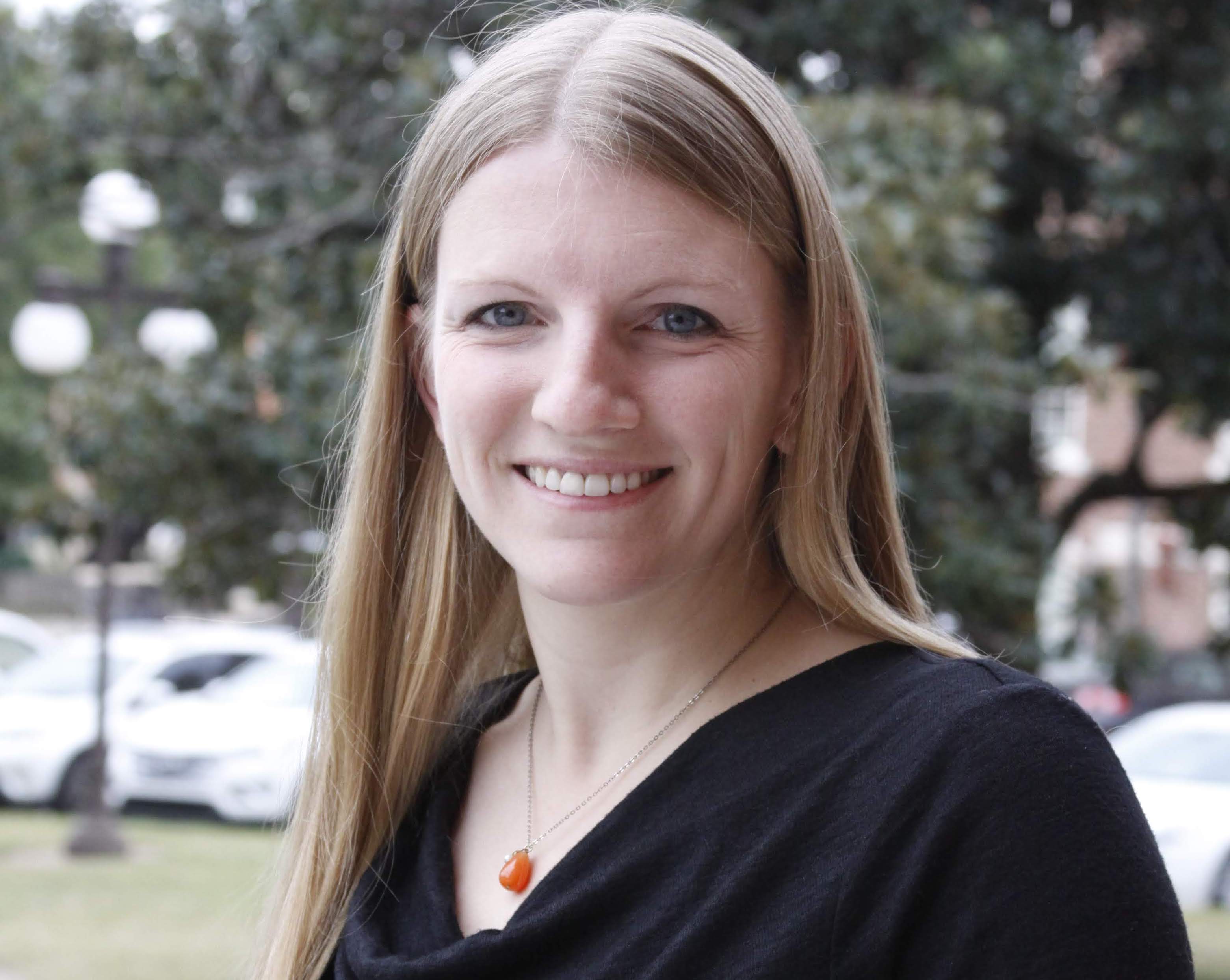Dr. Sarah Kucker
Department of Psychology
Toddlers have poor social skills, are terrible conversationalists, cannot care for themselves, and have very imprecise motor skills. Yet, despite their relatively immature state of development, a typical 24-month-old child already knows over 250 words and, amazingly, learns an average of six new words per day. Understanding the impressive language development of children is at the heart of Dr. Sarah Kucker’s research. Dr. Kucker is an Assistant Professor of Psychology who joined the faculty at Oklahoma State University in 2018.
As director of the Language, Learning, and Development Lab, Dr. Kucker’s research broadly asks when, why, and how individuals learn best. Young children’s language learning is a particularly compelling case in which to ask this question. Learning is complicated, but occurs rapidly at this age and has big implications for future development. To learn just a single new word, a child must parse the sound of the word from the speech stream, identify the referent or meaning of that word, make a robust connection between the two, and retain that information for use at a later time. Moreover, one has to learn that a single word likely represents an entire category of items – e.g. “cup” is used for both the child’s plastic sippy and the caregiver’s coffee mug. And this process is repeated for hundreds of words to build a foundation for the future. Understanding what supports successful learning, even in very young children, is key for identifying the processes that lead to optimal development and determining when development does not go as planned.
Dr. Kucker and her team of research assistants and colleagues have uncovered dozens of important factors that play a role in explaining children’s language ability and vocabulary growth. These include a child’s prior vocabulary, perceptual and attentional factors, opportunities for play, and even a caregiver’s personality. A current collaboration with Discovery Lab (a children’s museum in Tulsa) extends this work beyond OSU. In the museum, Dr. Kucker measures how caregivers and children communicate and interact while learning about STEM concepts in different types of exhibits. Most recently, Dr. Kucker and her team have asked how technology and digital media change the process of learning – a question that has become even more relevant during the past year. This technology work is supported by a grant from the National Institute for Child Health and Human Development.
While the question of how a 2-year-old learns a new word or an 8-year old learns about STEM may not seem relevant for anyone over 4 feet tall, the process of how we learn and continue to acquire knowledge is applicable to all ages. Indeed, some of the same factors that help children learn – asking questions, drawing attention to relevant features, having some prior foundation about the topic, and opportunities for hands-on experiences – are the same principles that foster learning in college and beyond. That is, understanding development is relevant for all ages and all topics.

